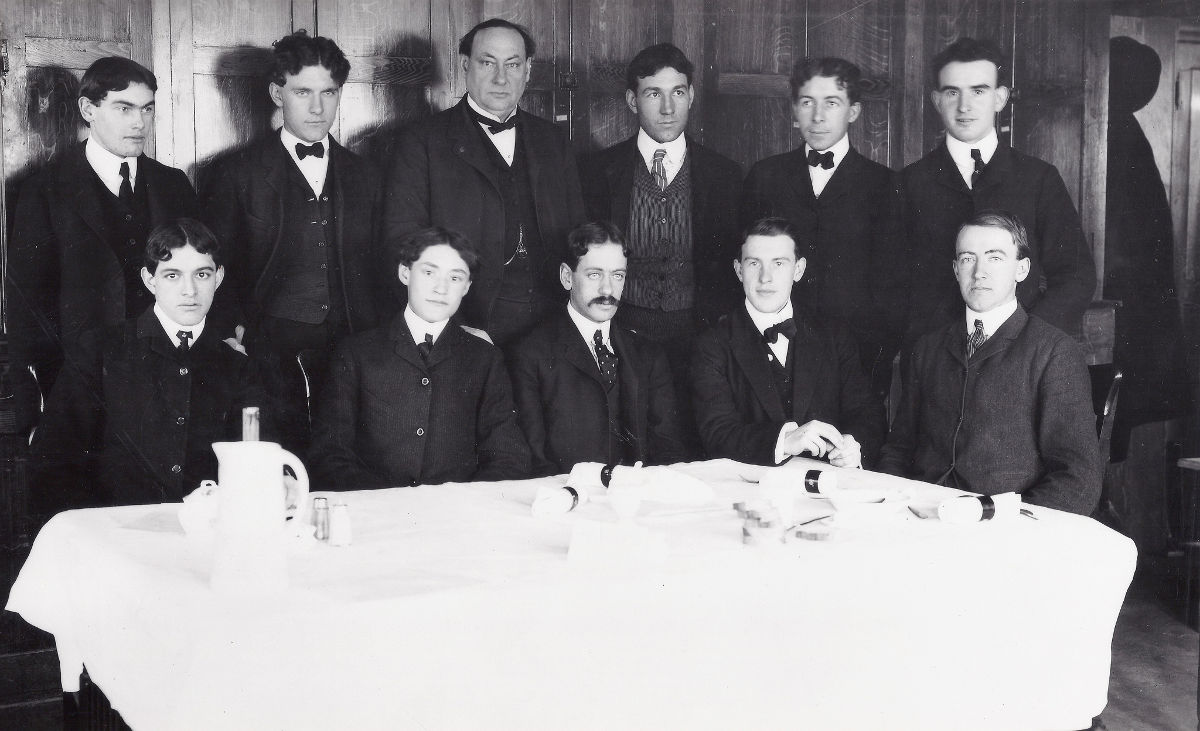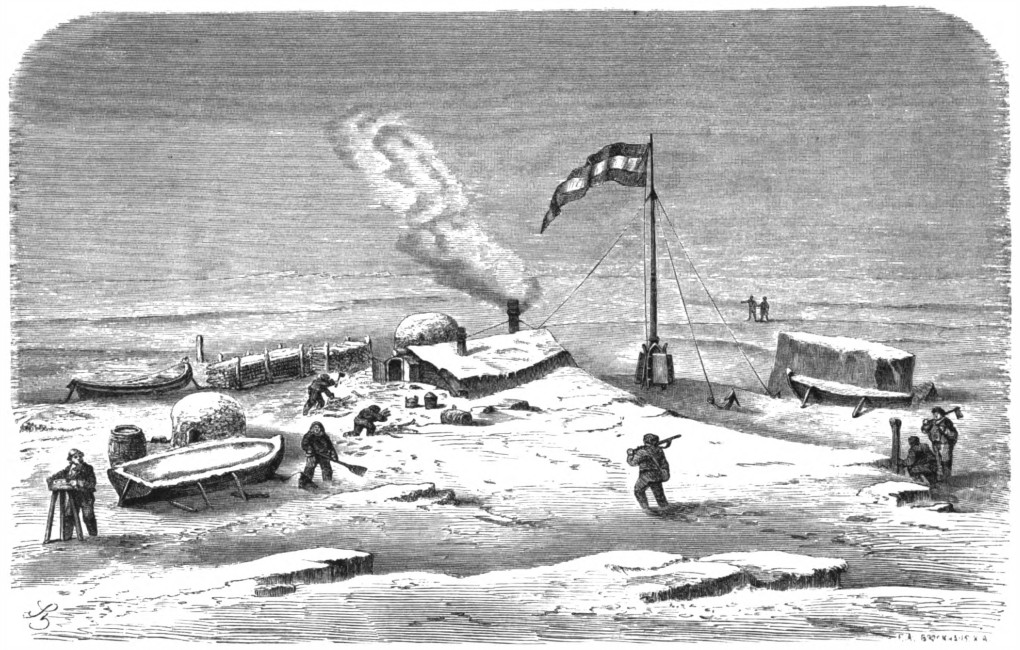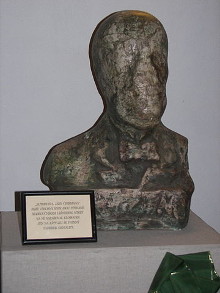How I need a drink, alcoholic of course, after the tough chapters involving quantum mechanics!
That sentence is often offered as a mnemonic for pi — if we count the letters in each word we get 3.14159265358979. But systems like this are a bit treacherous: The mnemonic presents a memorable idea, but that’s of no value unless you can always recall exactly the right words to express it.
In 1996 Princeton mathematician John Horton Conway suggested that a better way is to focus on the sound and rhythm of the spoken digits themselves, arranging them into groups based on “rhymes” and “alliteration”:
_ _ _
3 point 1415 9265 35
^ ^
_ _ _ _ _ _ __
8979 3238 4626 4338 3279
** **^^ ^^ ****
. _ _ __ _ _ _ . _ .
502 884 197 169 399 375 105 820 974 944
^ ^ ^ ^
59230 78164
_ _ _ _
0628 6208 998 6280
^^ ^^ ^^
.. _ .._
34825 34211 70679
^ ^
He walks through the first 100 digits here.
“I have often maintained that any person of normal intelligence can memorize 50 places in half-an-hour, and often been challenged by people who think THEY won’t be able to, and have then promptly proved them wrong,” he writes. “On such occasions, they are usually easily persuaded to go on up to 100 places in the next half-hour.”
“Anyone who does this should note that the initial process of ‘getting them in’ is quite easy; but that the digits won’t then ‘stick’ for a long time unless one recites them a dozen or more times in the first day, half-a-dozen times per day thereafter for about a week, a few times a week for the next month or so, and every now and then thereafter.” But then, with the occasional brushing up, you’ll know pi to 100 places!







